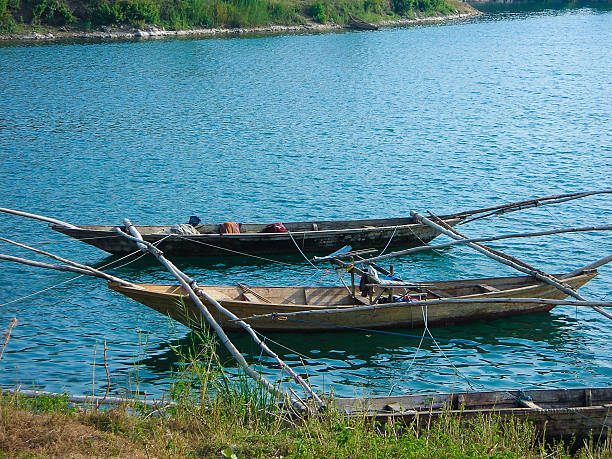The revolution unfolding in Eastern Democratic Republic of Congo is now taking on tangible, visible forms extending beyond the long-awaited return to security.
Communities long scarred by violence are experiencing a renewed civic spirit, best symbolized by the revival of salongo, the traditional practice of communal labor, once forgotten but now reemerging as a shared badge of dignity and responsibility.
Through these grassroots initiatives, the cleanup of once-neglected neighborhoods has become a vital public duty. This growing movement, blending popular engagement with the pursuit of better living conditions, finds a powerful expression in the ongoing effort to clean up Lake Kivu a lifeline for local identity, sustenance, and ecology whose preservation has become both an ethical necessity and a strategic imperative.
Rooted in collective responsibility, this environmental initiative deserves recognition, reinforcement, and long-term support. It reflects a new form of “ecology of reconstruction,” where public health and environmental action go hand in hand.
In recent days, the shores of Lake Kivu have witnessed an inspiring wave of citizen mobilization driven by ecological urgency and public health concerns. Nearly a ton of plastic waste was removed from the lake by more than 100 volunteers coordinated by the Network of Young Water and Sanitation Professionals (RJPEA-RDC) in partnership with Pharmakina , a pharmaceutical company focused on malaria prevention.
Last week, at the break of dawn, young people from Bukavu donned boots and gloves to begin a meticulous cleanup operation. Walking the trash-laden shores, they collected plastic bags, bottles, and other floating debris the visible scars of a pollution crisis that has become chronic. In this quiet but critical struggle, every action is an act of resistance against environmental indifference.
“This isn’t just picking up trash; it’s a cry for help,” said volunteer Nelson Zagabe . “Lake Kivu, our natural jewel and vital resource, is being suffocated by plastic. This isn’t just an environmental issue it’s killing us.”
Indeed, plastic waste creates stagnant water pools that serve as breeding grounds for mosquitoes , the primary vectors of malaria still one of the deadliest health threats in South Kivu, especially for young children. Cholera also remains rampant due to poor sanitation and the fact that over half the population lacks access to safe drinking water and basic hygiene services.
“Removing this waste is saving lives,” said Arnold Shimpa . “Unclean environments fuel epidemics. Every bag or bottle we collect is a step toward stronger public health.”
Yet, despite the symbolic success of the event, the local community understands the scale of the challenge.
“One isolated action isn’t enough. We need an ongoing, collective movement,” emphasized Johnson Amani , a Bukavu resident.
This operation is part of the broader “Lake Kivu Clean Up” program, supported by the Swiss Water Partnership . The year-long initiative addresses three major threats to the lake, shared by DRC and Rwanda:
- Rapid plastic pollution,
- Decline in fish productivity, and
- Sedimentation threatening the Ruzizi hydroelectric dam, a key source of regional energy.
Spanning over 2,650 km² , Lake Kivu stands at a crossroads of regional sustainability. It embodies vital challenges related to food security , economic resilience , community health , and energy stability . In response, the program employs an integrated approach mobilizing youth, educating lakeside communities, and transforming collected plastic into eco-friendly construction materials like bricks and pavers.
This ecological effort is more than a one-time campaign it represents the seeds of lasting change. To preserve Lake Kivu is to defend the life it sustains, to protect public health, and to declare that a better future can indeed be built quietly, collectively, and from the ground up, by determined hands that refuse to give in to despair.




